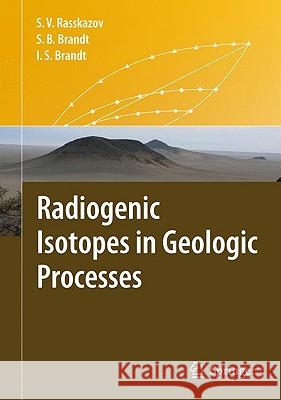Radiogenic Isotopes in Geologic Processes » książka
Radiogenic Isotopes in Geologic Processes
ISBN-13: 9789048129980 / Angielski / Twarda / 2009 / 306 str.
Radiogenic Isotopes in Geologic Processes
ISBN-13: 9789048129980 / Angielski / Twarda / 2009 / 306 str.
(netto: 383,36 VAT: 5%)
Najniższa cena z 30 dni: 385,52
ok. 22 dni roboczych.
Darmowa dostawa!
Do we actually understand geologic processes? New technology brings new inf- mation and perceptions, which sometimes overturn imaginations based on simple observation and estimation, in conjunction with common sense inference. In 1902 1904, PierreCurieandErnestRutherford?rstformulatedtheideaofusingradioactive transformation of nuclides as a geologic chronometer. After a century of working with such tools, geology has advanced from a descriptive science to an analytic s- encethatformulatesconclusionsbasedonexactvalues.Thetechnologyofradiogenic isotope geology has created a branch of science that considers the Earth as a planet generated within a Solar system and studies the subsequent evolution of geologic processes that has resulted in the present formation of our planet s continents and oceans. The physicist Vitaly Ginsburg, Nobel Prize laureate, wrote recently: If Kepler had been given information on orbital parameters of planets with modern precision, he would not have been able to formulate his laws . Indeed, after development of laws of celestial mechanics, methods of measurements became so advanced and such numerous secondary distortion effects were found that to describe an orbit of a cosmic body by a curve of the second order would appear impossible. But it does not mean that Kepler s laws are cancelled; they still occupy an honorable place in courses on celestial mechanics. A reasonable division into basic and secondary phenomena is accepted and the latter are entered as variations in the basic equations."











